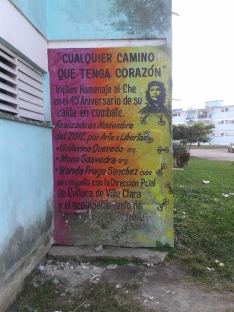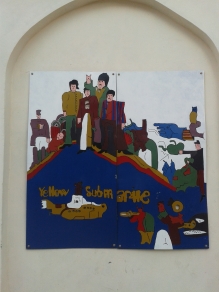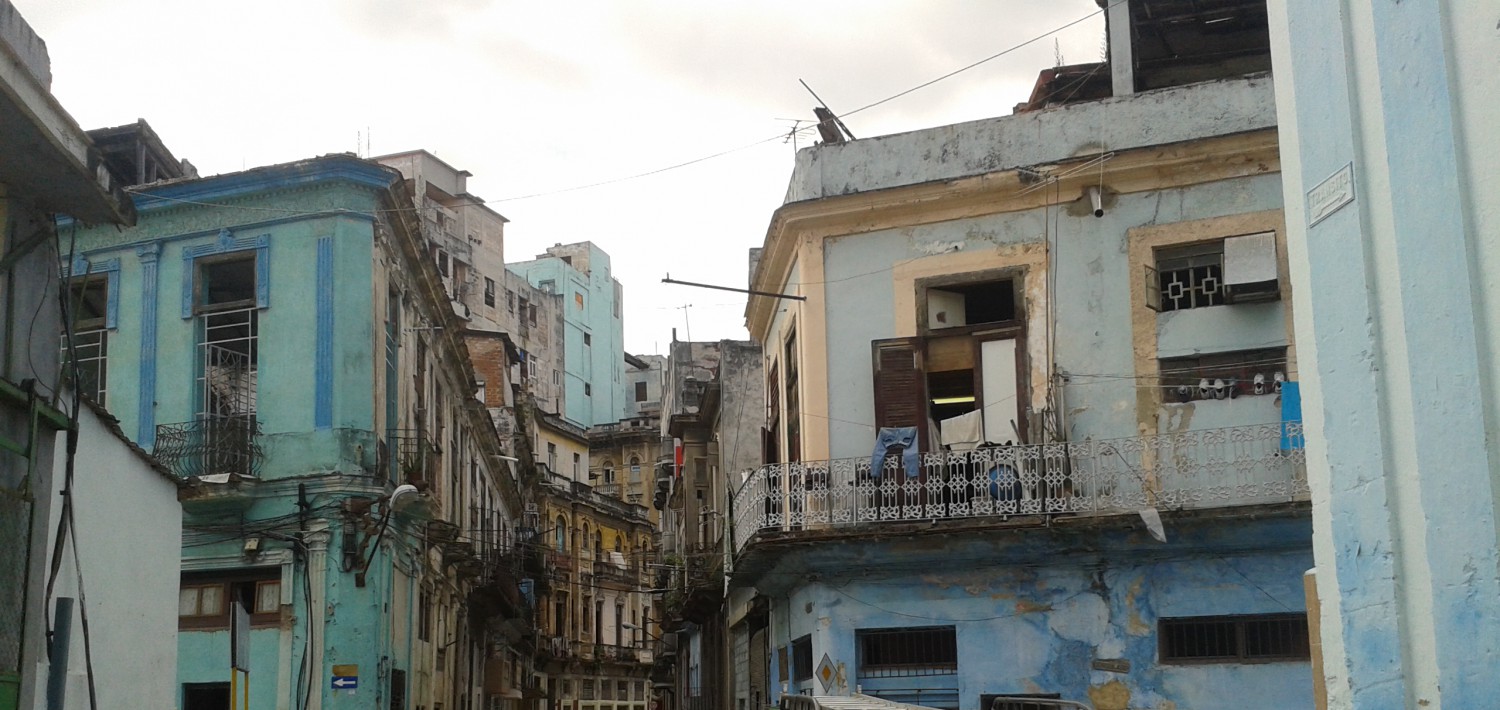I do not know how I managed to miss this, but as soon as I stumbled across the news I immediately had to share it wit h you guys.
h you guys.
Two years after the application, on November 15th 2014 the very first TEDx event took place in Habana. TED, or TEDx talks are known all over the world for the inspiring talks on various issues. From political topics to societal issues as well as medicine and technological inventions which are shared with the audience and usually through livestream people from all over the world can watch the event.
In the Netherlands, the country I am currently living in, TED talks occur quite regularly in university cities. But in Cuba, this is a new development. Especially the fact that US-American speakers, as well as Cuban speakers were invited to share their ideas.
Very often, people think that due to Cuba’s political and economic isolation, there is no vibrant art and culture scene in the country. This is simply wrong. Music and dance culture is a fundamental part of Cuba’s life, as well as art s. If people think that street art is something which only belongs to hip cosmopolitan cities, then they are wrong. I remember very well the amazing street art that I saw in Santa Clara. Having said that, the official TED blog describes
s. If people think that street art is something which only belongs to hip cosmopolitan cities, then they are wrong. I remember very well the amazing street art that I saw in Santa Clara. Having said that, the official TED blog describes
The theme: “inCUBAndo!,” or “InCUBAte.” The talks and performances all encouraged the audience to think outside of the box in some way and push their expectations of what Cuba can and will be. “I didn’t want every speaker to give a TED-style talk,” says Levin. “I wanted to give TED a Cuban flavor.” *
The lineup of speakers was very diverse. From a speaker on LGBTQ rights in Cuba, another speaker on organic farming in Cuba and the risks of farming with pestizides, and many more. The event also included dance performances and music, of course.
A very nice quote from the promo video was the statement of an elderly lady who was also giving a talk. She said “Obviously, I have love for my homeland Cuba. But I want to reach out to the whole world!”
Watch the promo video of the first TEDx Event here
You can also watch some of the talks on youtube or here
I wish I could have been there to see the talk myself, but unfortunately I missed it as I went to Cuba around 1 month after the event. Too bad, but let’s hope that there will be many more TED talks in Habana!
*TED Blog, “The first TEDx in Cuba: An event in Habana, two years in the making,” Dec 2014, retrieved from http://blog.ted.com/the-first-tedx-in-cuba/
Picture retrieved from www.cubadebate.cu


